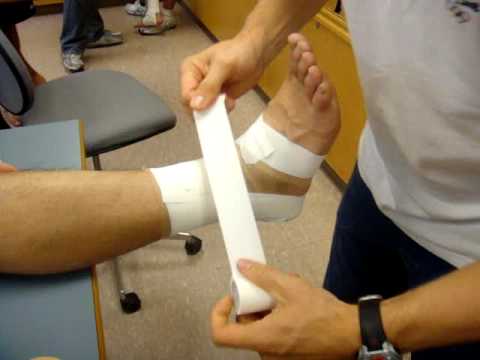Injuries can plague Eastern

This archived article was written by: Mashaela Farris
Today it is common for athletes to succumb to depression after or during an injury that prevents them from playing their sport. Many athletes at USU Eastern experienced an injury and dealt with the frustration of not being able to play.
People tend to neglect the fact that injuries can affect one’s psychological well-being until depression and anxiety sneaks up on them. Questions like, “How long do I have to sit out? Will I be the same player when I’m back? Will I be out of shape?” haunt injured athletes.
College athletes have been playing their sport since a young age. When an injury occurs and it prevents them from playing their sport, some feel like they have lost the ability to do the thing they are best at. That feeling could lead them to depression.
Vanessa Gomes has been playing soccer as long as she can remember and she suffered significant injuries during her career. She sustained injuries to her knee, Achilles tendon, both feet and ankles. She tore her MCL, which caused her to sit out for seven months.
“It was hard. I was scared that I was going to come back and not be the same player I once was. I felt like I didn’t know what to do and whether to quit playing or not,” Gomes said.
Liz Johnson and Jackie Tagg, both women soccer players at USUE, described the injuries they’ve dealt with over the years as annoying. “I wanted it to heal quicker so I could get back into the game,” said Tagg, who suffered from ankle sprains, concussions, knee problems and jammed fingers.
“It made it kind of annoying to walk and you look like a wimp when you have to limp around,” Johnson said. She battled through a dislocated hip and a torn adapter.
“Oh it’s frustrating. It sucks to watch everyone play and you can’t do it. I became kind of depressed and it was like my passion was slipping away,” Ashlyn Mathews said.
She has dealt with many injuries in her soccer career. She had to sit out half of her sophomore season in high school due to an injury to her MCL. To deal with her depression, Mathews made sure she attended all her team’s practices and games, letting them know she supported them and that she was still part of the team.
“Don’t give up and don’t quit on something you love,” Gomes said, offering advice to athletes suffering through injuries. “My injury made me a better athlete and made me appreciate the little things.”




